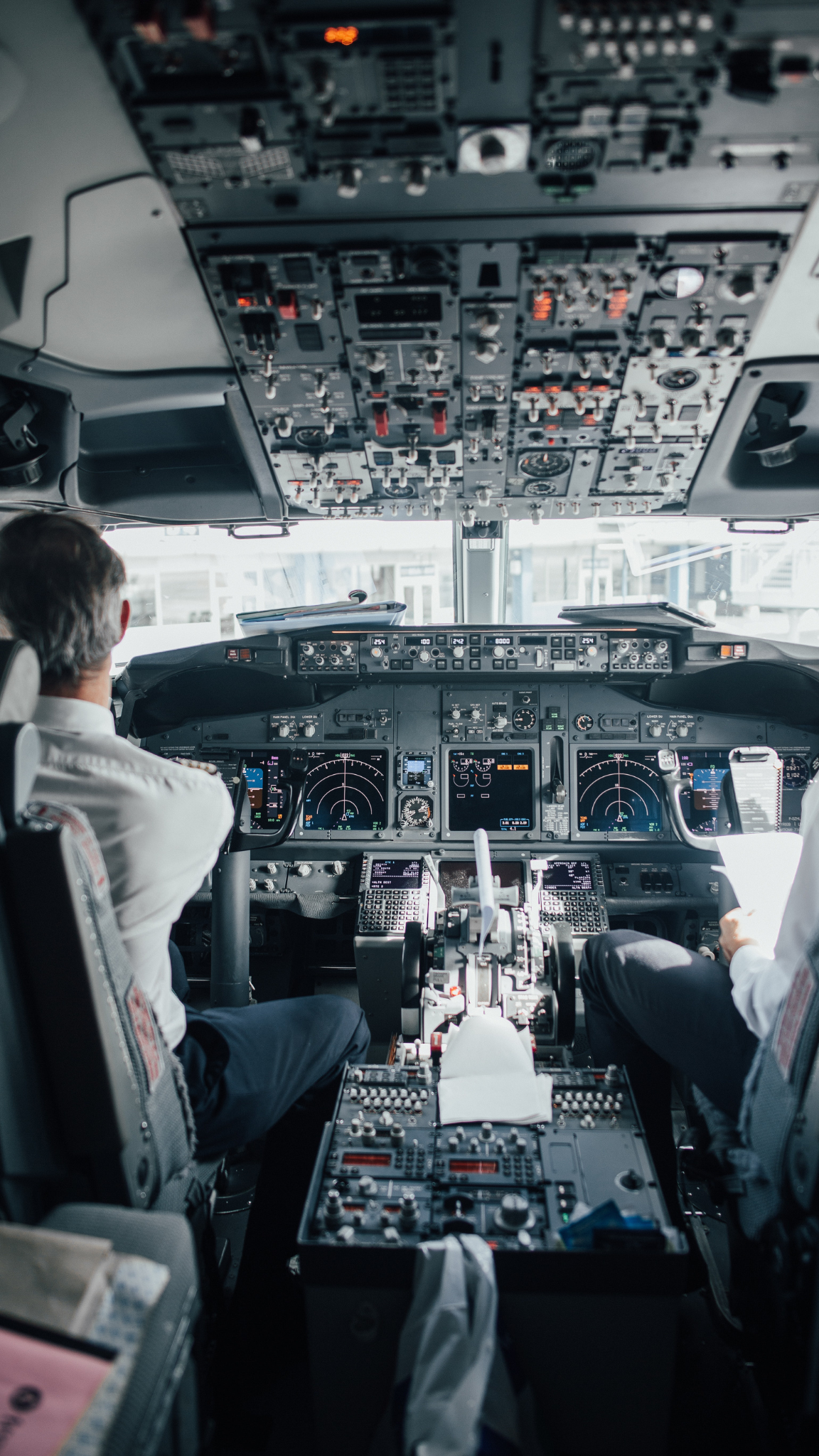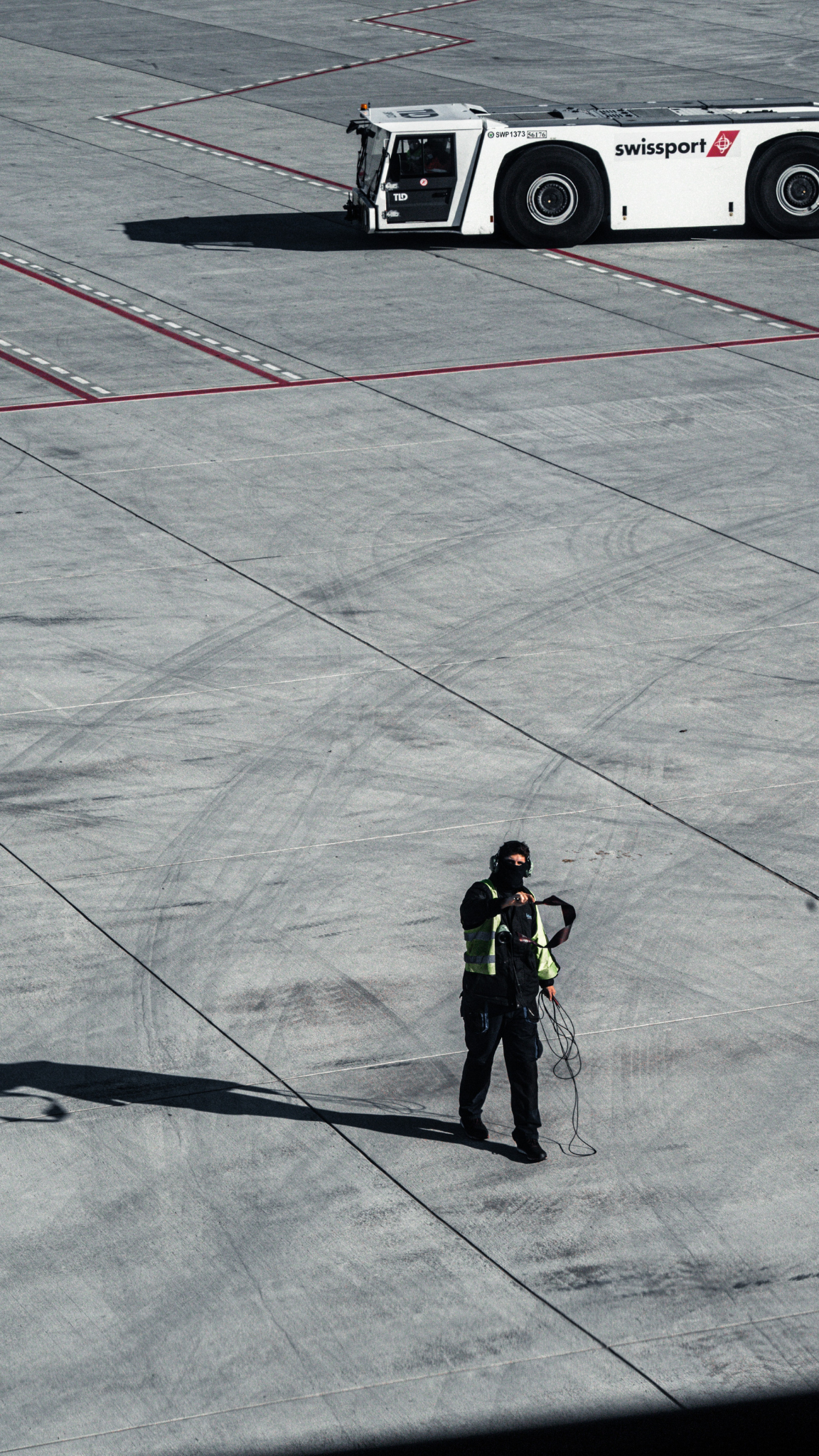AVIATION ENGLISH
FOR CORPORATE
In the aviation industry, much like in other sectors, professionals often use slang terms and informal language in their communication. However, given the high stakes and potential life-threatening consequences of mistakes in aviation, it is imperative to possess a solid understanding of technical terminology. Being well-versed in the technical language of the industry is essential for ensuring clear and accurate communication, thereby minimizing the risk of mistakes that could measured in human lifes.
Audios
90 authentic audios with regional accents
Materials
20 exciting stories about real accidents
Assessments
22 challenges
Certificates
6 Certificates
Groups
5 people
Therefore, the careers of all aviation specialists, without exception, depend directly on their knowledge of aviation English.
Write your awesome label here.
That's why we offer our course where you will see

RIGA AVIATION SCHOOL
provides courses of English for 5 main areas





This specialized and professional aviation language is used for assignments, contingency planning, and analyzing flights.
- Pilots and dispatchers need to be fluent, flight attendants and airport staff require a confident conversational level, as do mechanics and maintenance staff. However, each role has its own specific set of vocabulary, words and expressions.
Courses for corporate
The specifics of aviation English are described in the EASA English and ICAO English classifications. They differ slightly in methodology, but are fully synchronised in terms of vocabulary and complexity.
In any case, all students are trained using industry dictionaries and the examples that include the records of real-life negotiations from previous working situations.
- Technicians and
mechanics study general aviation terminology and terms for certain types of aircraft,
the names of units, assemblies, tools etc.
- Pilots and controllers
focus on the details of radio exchanges of aircraft with the control tower
during take-off and landing, vocabulary and terms for regular and emergency
situations.
- Flight attendants prioritise
the study of frequent passenger questions, answers, conflict resolution,
communication with pilots and ground services.
- Ground security
services, business terminal staff, passenger escort and other units all focus
on their specifics.
Write your awesome label here.
Write your awesome label here.
Write your awesome label here.
Achieve you goals
Like other RIAS courses, Aviation English is taught in a modular structure. This allows students to use their time and money in the most efficient way.
The process starts with baseline language proficiency assessment and based on the results of this assessment each student receives a personal curriculum. Depending on the student’s base level of language proficiency, the training can begin from Elementary, Pre-intermediate or Intermediate level.
Whatever suits you
Do you want us to pay more attention to some specific topic during training?
No problem, we can prepare and adapt the courses to suit you and your requirements.
No problem, we can prepare and adapt the courses to suit you and your requirements.
